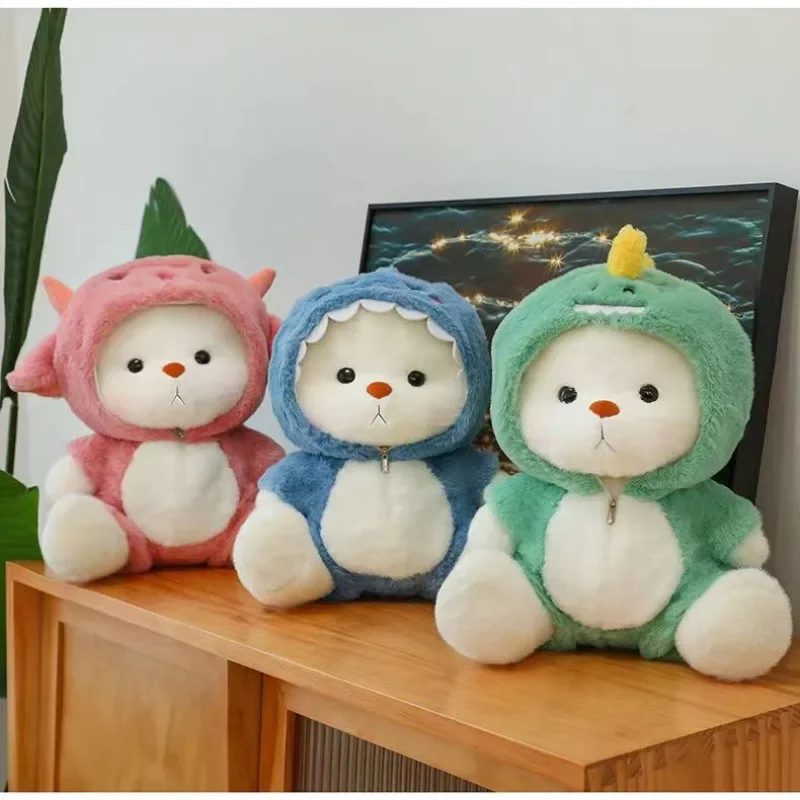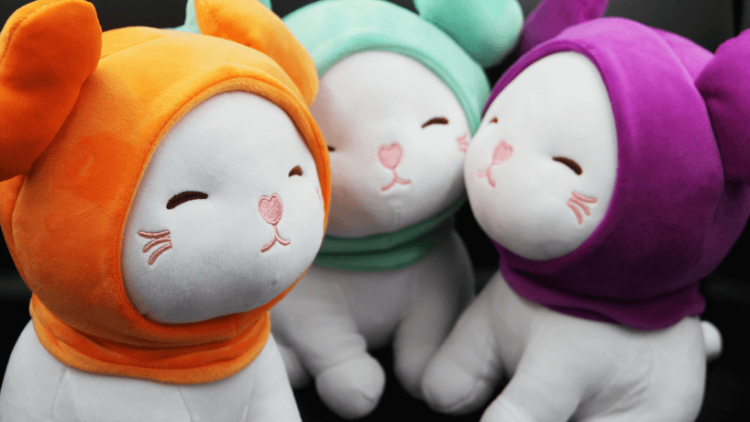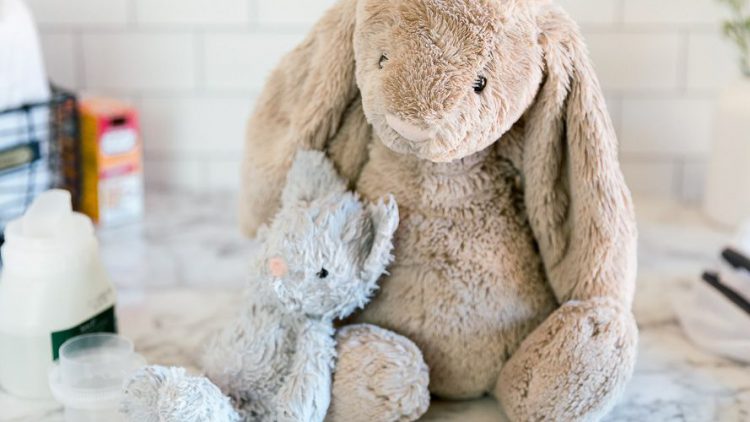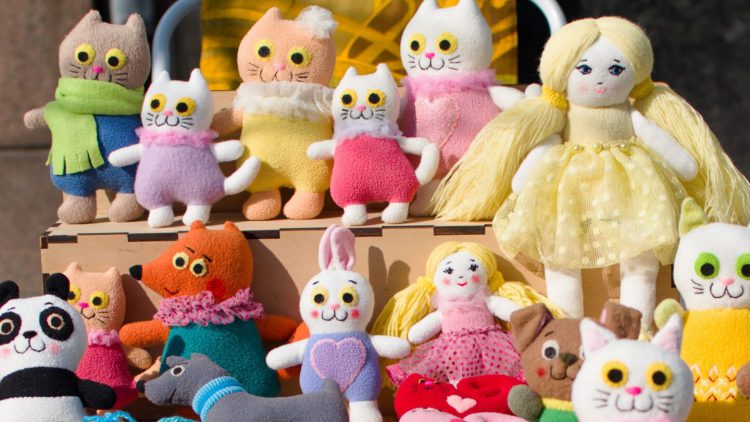
In a world increasingly aware of environmental impact, consumers are shifting their attention toward products that are not only beautiful and functional — but also sustainable. Plush toys, once seen as simple childhood companions, are now part of this green revolution. From materials to packaging, the future of soft play is being shaped by eco-conscious choices.
At Mohandas, we believe that cuddles and care should go hand in hand — for people and the planet. Let’s explore how sustainability is transforming the plush toy industry and why it matters more than ever.
1. The Problem with Traditional Plush Toy Production
Most conventional stuffed toys are made from synthetic fabrics like polyester, nylon, and acrylic — all derived from petroleum. These materials are durable and affordable, but they come with environmental costs:
-
Non-biodegradable waste: Synthetic plush toys can take hundreds of years to decompose.
-
Microplastic pollution: Washing or discarding synthetic materials releases microplastics into waterways.
-
Carbon footprint: Fossil fuel-based production contributes to greenhouse gas emissions.
Add to that the plastic packaging, chemical dyes, and mass production waste — and it’s clear that traditional plush toys need a rethink.
2. Sustainable Materials: Softness with a Conscience
Eco-friendly plush toys start with better materials. Here are some of the most popular sustainable options:
-
Organic Cotton: Grown without pesticides or synthetic fertilizers, organic cotton is soft, breathable, and biodegradable.
-
Recycled Polyester (rPET): Made from recycled plastic bottles, rPET reduces waste and gives new life to existing materials.
-
Bamboo Fabric: Naturally antibacterial and fast-growing, bamboo is a renewable resource perfect for plush toys.
-
Plant-Based Fillings: Instead of synthetic stuffing, some brands use corn fiber, kapok, or recycled wool.
At Mohandas, we’re exploring blends of organic cotton and rPET to balance softness, durability, and sustainability.
3. Eco-Friendly Packaging: Less Waste, More Wonder
Packaging is often overlooked, but it plays a huge role in sustainability. Eco-conscious plush toy brands are moving away from plastic wraps and oversized boxes toward:
-
Biodegradable mailers
-
Recycled cardboard boxes
-
Reusable cloth bags
-
Minimalist designs that reduce material use
Bonus: Sustainable packaging doesn’t just help the planet — it enhances the unboxing experience. Customers feel good about their purchase and your brand.
4. Ethical Manufacturing: Behind-the-Scenes Matters
Sustainability isn’t just about materials — it’s also about people. Ethical manufacturing ensures that plush toys are made in safe, fair, and humane conditions. Key practices include:
-
Fair wages and labor rights
-
Safe working environments
-
Transparent supply chains
-
Local production to reduce transportation emissions
Mohandas partners with certified workshops that prioritize both quality and ethics, so every toy is made with care — inside and out.
5. Why Consumers Care (And You Should Too)
Today’s buyers — especially millennials and Gen Z — are more informed and intentional. They want products that align with their values. According to recent surveys:
-
73% of consumers are willing to pay more for sustainable products
-
62% prefer brands that use eco-friendly packaging
-
88% believe companies should help improve the environment
For plush toys, this means parents choosing safer materials for their children, gift buyers seeking meaningful presents, and collectors valuing ethical craftsmanship.
6. Mohandas and the Future of Sustainable Soft Play
At Mohandas, sustainability isn’t a trend — it’s a commitment. We’re working toward:
-
🌱 Using organic and recycled fabrics in all new collections
-
📦 Reducing packaging waste with biodegradable and reusable options
-
🧵 Partnering with ethical manufacturers who share our values
-
♻️ Offering recycling programs for old or damaged plush toys
-
💬 Educating customers about eco-friendly choices through storytelling
We believe that every plush toy should bring joy — not harm. That’s why we’re designing products that are soft on the skin and gentle on the planet.
7. How You Can Join the Movement
Whether you’re a customer, creator, or business owner, here’s how you can support sustainable plush toys:
-
Choose brands that disclose their materials and practices
-
Look for certifications like GOTS (Global Organic Textile Standard) or OEKO-TEX
-
Reuse or recycle packaging whenever possible
-
Donate or repurpose old plush toys instead of throwing them away
-
Share your eco-friendly purchases on social media to inspire others
Every small choice adds up. Together, we can make soft play a little greener.
Final Thoughts: Cuddles with a Cause
Stuffed toys have always been symbols of comfort, love, and imagination. Now, they can also represent care for the planet. By choosing eco-friendly plush toys, we’re not just making better products — we’re building a better future.
At Mohandas, we’re proud to be part of this journey. Because when you hug a plush toy, you should feel good in every way — emotionally, ethically, and environmentally.



